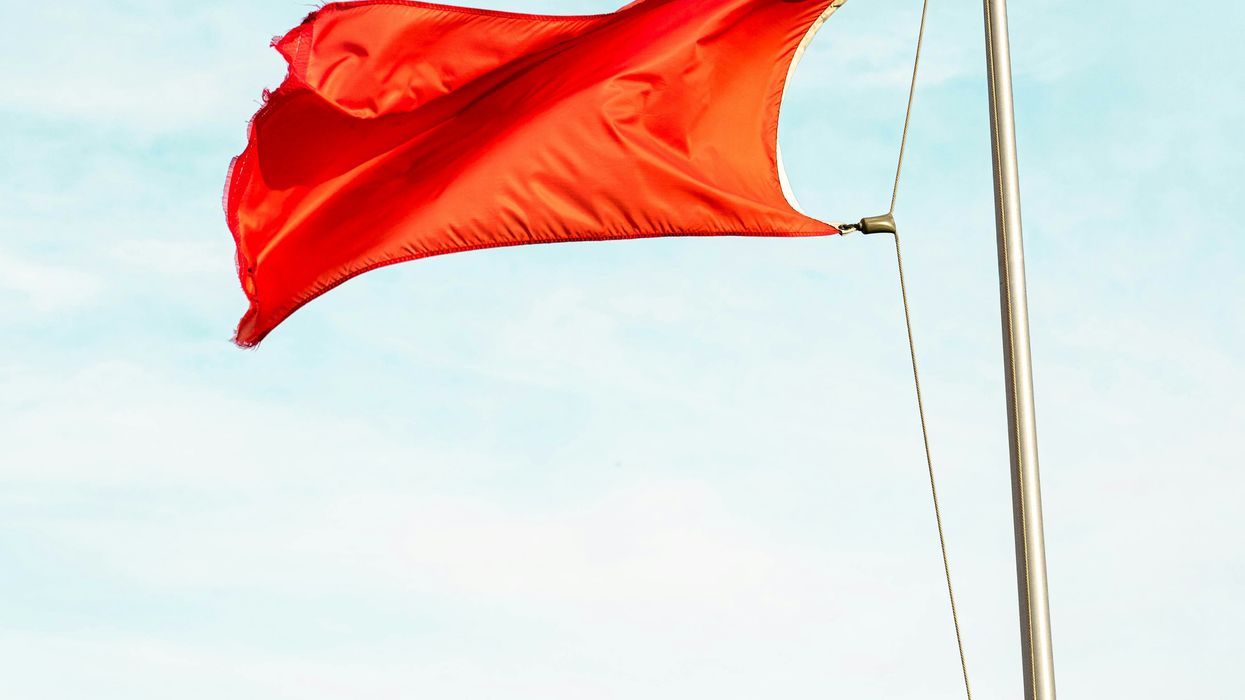We have life choices, and now we have death choices.
Washington became the first state to allow the remains of your loved ones for composting as an alternative to cremation or a burial.
According to the Associated Press, licensed facilities can offer "natural organic reduction," the process by which one's remains when combined with wood chips and straw can produce "two wheelbarrows' worth of soil" within 30 days of death.
On Tuesday, Gov. Jay Inslee signed Senate Bill 5001 which legalizes the spreading of remains in a designated cemetery garden.
The AP added that supporters of human composting view the unconventional approach as a more environmentally friendly option over cremation, which releases carbon dioxide; and a traditional burial, which replaces the deceased's blood with formaldehyde with other chemicals that can pollute groundwater.
For Nora Menkin, executive director of the Seattle-based People's Memorial Association, the new option after life is poetic.
"It gives meaning and use to what happens to our bodies after death."
Some people prefer keeping the ashes of a loved one in a decorative urn on the mantel. Now, a grieving family member can have a part of grandpa perpetually tending to their garden.
The idea may take some getting used to, but composting is already starting to catch on.
Many on social media agree and are voicing their interest in giving back to the earth.
You can still have a funeral. But you don't have to burden your loved ones with burial costs and a casket that only takes up precious space in the ground.
Families can take the remains back home to help grow a tree or garden, or they can scatter them around "conservation land" in the Puget Sound area.
Democratic Sen. Jamie Pedersen who sponsored the measure said:
"That's a serious weight on the earth and the environment as your final farewell."
Pedersen worked with 10 other lawmakers on a bill that is a personal passion project started by Katrina Spade, CEO of alternative burial company Recompose.
When Inslee asked Spade how she got interested in spearheading SB 5001, she replied:
"You know, I just started thinking about my own mortality."
The bill also allows an additional process already legal in 19 states.
Alkaline hydrolysis is a form of liquid cremation through the use of heat, pressure, and chemicals to dissolve a body.
Critics emerged with their concerns. Many sent the senator angry emails calling the option "disgusting."
"The image they have is that you're going to toss Uncle Henry out in the backyard and cover him with food scraps," said Pedersen.
But plenty of other environmentalists spoke out in favor of it.
Will you put your body to good use when you leave this world?



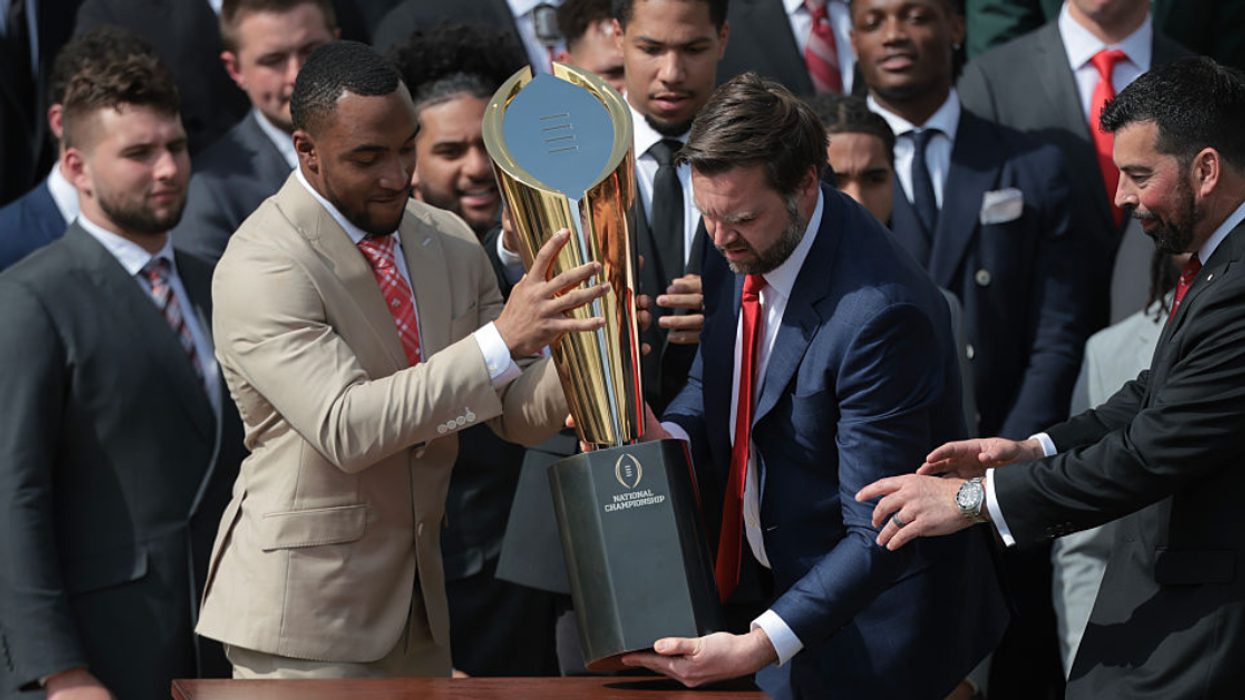
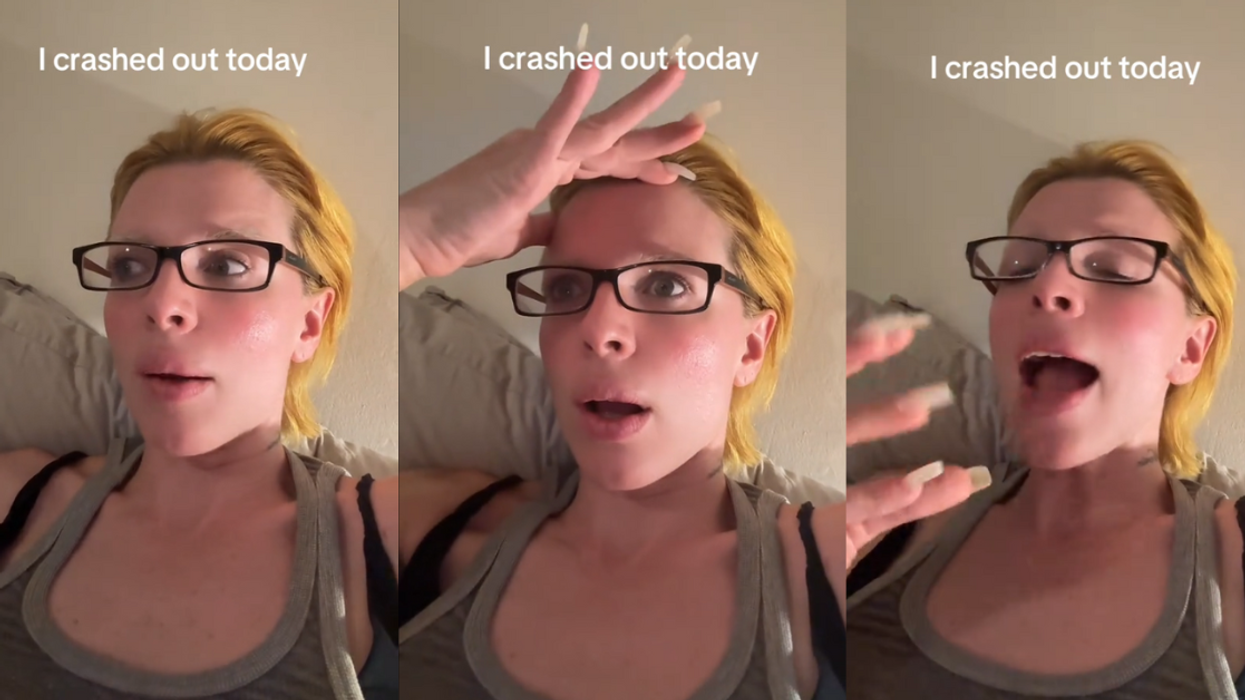

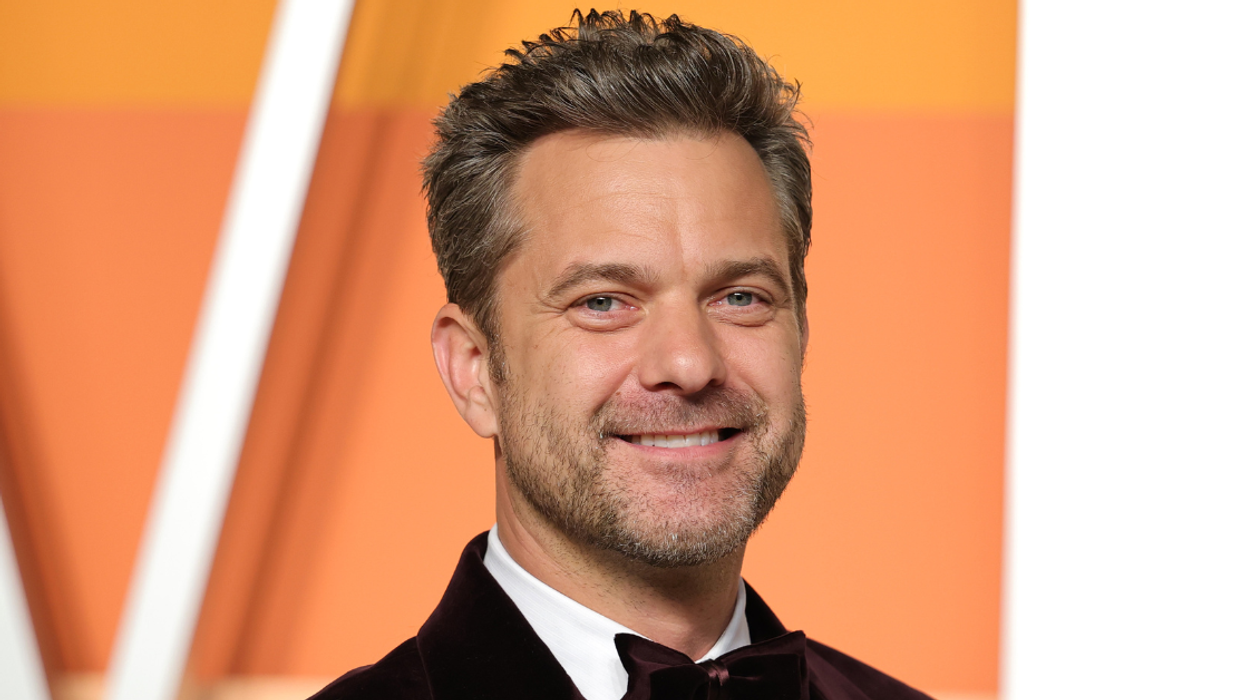

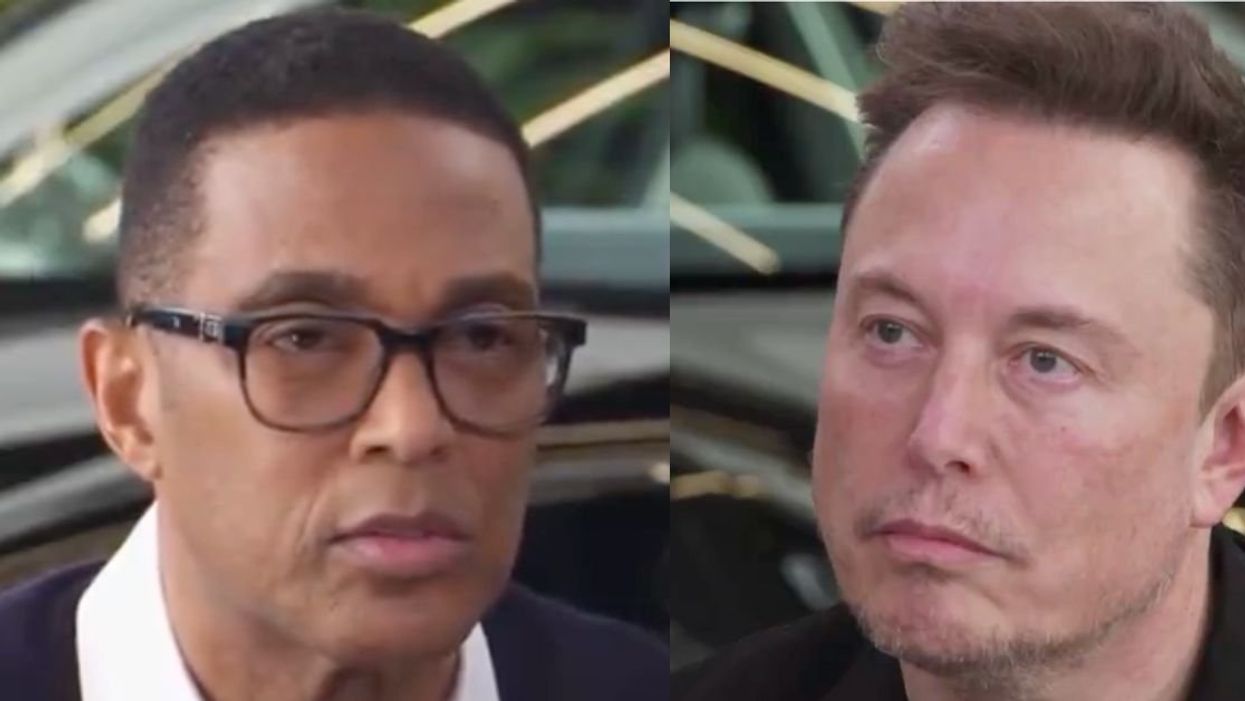







 @realDonaldTrump/Truth Social
@realDonaldTrump/Truth Social @realDonaldTrump/Truth Social
@realDonaldTrump/Truth Social